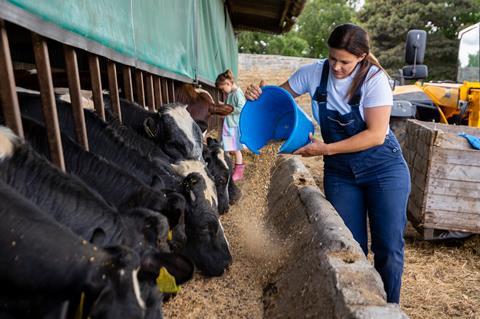
Inflation and the cost of living will continue to put pressure on the long-term resilience of the farming sector in 2024, AHDB research has revealed.
The cumulative impact of more than 30% inflation in agricultural inputs since 2019 – coupled with market stresses and policy uncertainty – were named “the key drivers behind the threat to long-term resilience” in the board’s latest Agri-Market Outlook, published this week.
Combined with energy and interest rates, these factors were “continuing to pressure businesses and consumers, fuelling an ongoing price-sensitive consumer market”, AHDB said. And this had the potential to significantly impact trends in food consumption in 2024 and beyond.
“Farmers saw input costs rise significantly during 2023, putting pressure on farm business margins with the cost of fertiliser being a prime example,” said Sarah Baker, AHDB head of economics and analysis.
“While some input costs are falling, they remain above pre-inflation levels and are likely to remain risky due to linkage to energy markets and instability around the world,” she added.
“Coupled with market stresses and policy uncertainty around burgeoning environment schemes and the budgets that underpin them, long-term resilience will be put under pressure.”
No Farmers, No Food campaign group wins support as UK producers mull protest action
With the current level of uncertainty on multiple fronts, “markets, businesses, and consumers are now operating in a short-term bubble which poses a risk to long term resilience and inward investment”, Baker warned.
“Without long term certainty and the recovery of consumer confidence, challenges are likely to persist for the industry in 2024.”
AHDB’s findings come as its proposals to increase its levy for the beef & lamb, cereals & oilseeds, dairy and pork sectors this week received approval from Defra and the devolved administrations.
“The new rates will allow us to enhance our key activity whether, for example, that involves growing export opportunities or exploring further marketing campaigns in the Beef and Lamb, Dairy and Pork sectors as well as increasing our research offering to Cereals and Oilseeds producers,” said AHDB chair Nicholas Saphir, whose tenure was also extended for a further year.








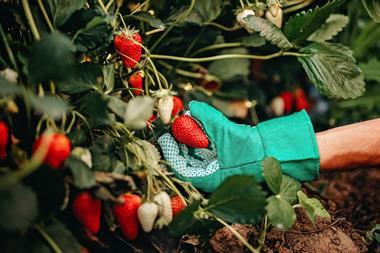
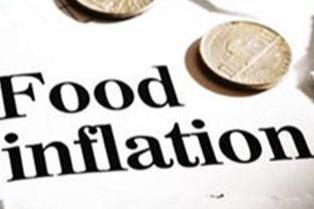
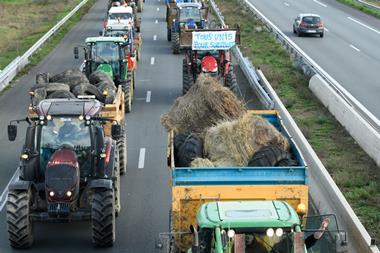
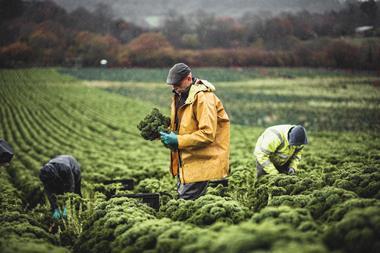







No comments yet